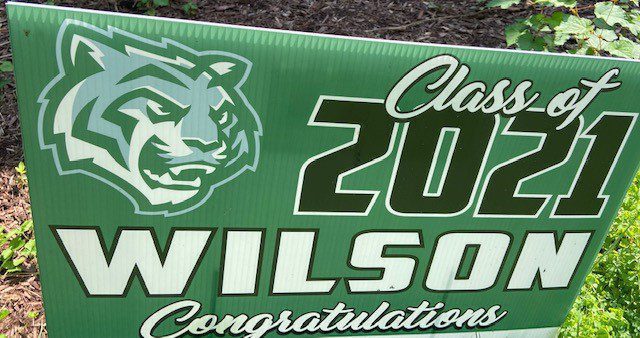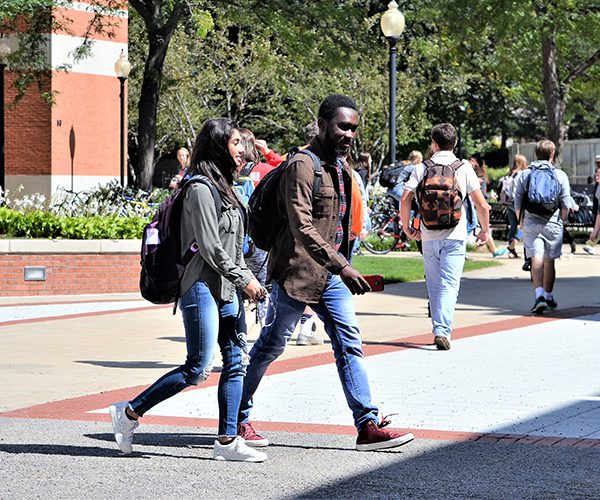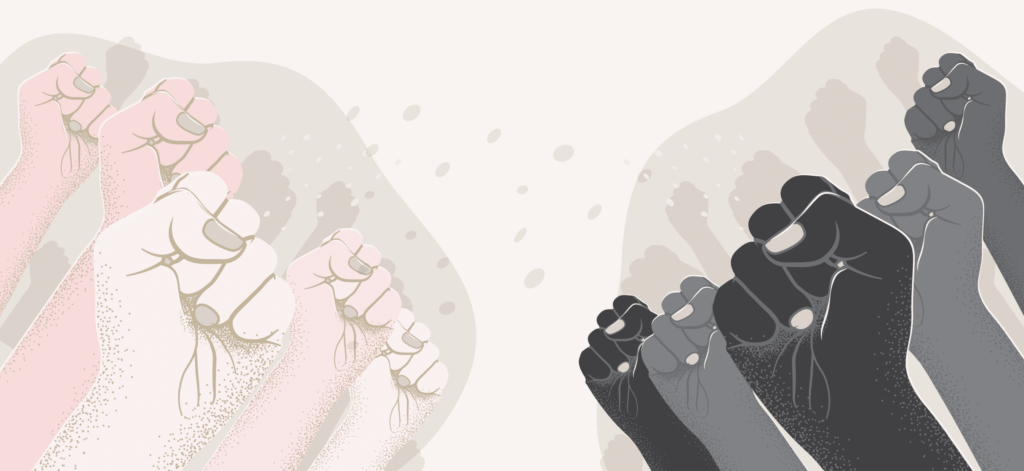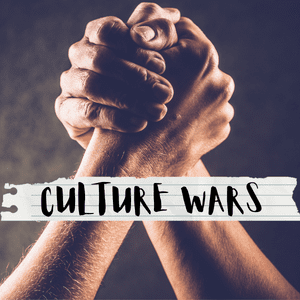For the past few years, the nation has been undergoing a racial reckoning. Among other efforts, this has resulted in many schools changing their names and mascots. Racist school and mascot names are major aspects of school climate that leads to students feeling undervalued and underrepresented. For years, there has been a lot of talk about changing racist names of schools, buildings, and mascots, but in the post-George Floyd protest era, there has been more action —some more sincere than others.
In the summer of 2020, students of Pinellas County, Florida’s Dixie Hollins High School petitioned to change their school’s name and mascot. While the school was named after the first superintendent of Pinellas County schools who promoted the rights of Black students, many felt that “Dixie Rebels” portrayed the wrong message due to the Confederate monikers. Some community members denied that the school is based in any racist ideologies, but a former student named Savelle Brown III was one of the first Black students to attend the high school in the 1960s, and remembered being forced to sing the Confederate national anthem; he was thrown out of the auditorium when he refused. Last September, the school rebranded as Hollins High School and changed its mascot to the Royals. A current student named Nicole Preoris said, “[The old name caused] people to unfairly judge the people and the teachers and the academics of our school because of the ideals of a name and a mascot but that is not really what we are.”
Unfortunately, not all school name changes go over so well. Earlier this year, Woodrow Wilson High School in Washington, D.C. proposed changing its name to August Wilson High School, so as to not share a name with a racist president. But in an op-ed for her school paper, graduating senior Sarah Ghirmay-Morgan describes how the action failed the students and residents of the D.C. area. Although August Wilson is an artist who represents Black excellence, the playwright has no ties to the school or to the D.C. region. Many felt that this was a name change of convenience and budget so DCPS wouldn’t have to change the branding of the school. Ghirmay-Morgan describes this as a “cop-out,” and students felt ignored and undervalued all over again. Eventually, the decision was made to name the school Jackson Reed High School.
Studies have shown that symbols and images have a direct impact on students’ self-esteem and motivation, so underrepresented groups can be more likely to succeed and feel affirmed in their identities when they are surrounded by positive representation.
Representation matters and our students deserve to feel affirmed in their learning environments. When students are presented with negative symbols, it can cause low self-esteem and motivation, which leads to more negative outcomes from a school’s most vulnerable students.
When school climate does not accommodate the students being served, the pain that marginalized groups feel will always be minimalized. A student at George Washington University, Hayley Margolis describes the efforts on campus to change GW’s mascot from the Colonials, and how she and many of her classmates feel that a name change will give way for White institutions across the country to “think more critically about other ways that persisting settler colonial power systems inform the White community members’ experience of campus culture differently than community members of color.” Over 500 students signed a petition to change the mascot to either the “Hippos,” “Revolutionaries,” or “Riverhorses.” The romanticism of colonial America is the perfect excuse to minimalize the importance of changing this name, but the comfortability of students at this university spaces should be given priority.
Similarly, Wade Hampton High School in Varnville, SC, 45 minutes from my high school, had discussed a name change from the Confederate officer and slave owner, Wade Hampton III for years. Community members have long wanted a name that doesn’t honor a man with such an immoral past. Unfortunately, this call to change the name of this now predominately Black school was disregarded. I personally heard students remark on how much they didn’t feel represented in their school due to the name. No student should feel this way.
There are so many positive things that occur when students feel represented by their school climate. I attribute much of my self-worth to the many mornings I spent calling myself a Ralph Bunche scholar at Ralph Bunche Elementary School. Bunche was a diplomat who was the first African American awarded the Nobel Peace Prize, so every time I called myself a Ralph Bunche scholar, I felt that I was worthy. I was surrounded by intentional forms of Black excellence and anti-racist images and symbols (i.e., posters, affirmations, literature) that molded me into the young woman I am today. Now that I attend a historically Black university, I finally understand the positive effects of welcoming school climates for underrepresented students. At South Carolina State University (SCSU), I saw buildings named after inspirational people, heard history in which I felt represented, and met faculty who gave me avenues to make positive changes and take agency of my learning. I am glad to attend a school that can serve as a safe space and provide a culturally relevant education that would be hard to achieve if something like a school name, history, or mascot made me feel out of place.
When a school presents racist imagery and refuses to change for their students, they are sending a message that students are not the priority. School climate affects self-esteem, motivation, and educational outcomes, so complaints about racist school names and mascots should be met with thoughtful discourse and meaningful changes. And they should actively seek input from the students and the community. Now is the time to rectify these injustices and create more equitable spaces for all students. Schools have the power to create welcoming school campus climates for students of color through actions such as name changes that reconcile their racist past.
Originally from Harlem, Danielle Berry is a senior at SCSU, majoring in English education. She was an Ed Trust summer 2021 intern.







